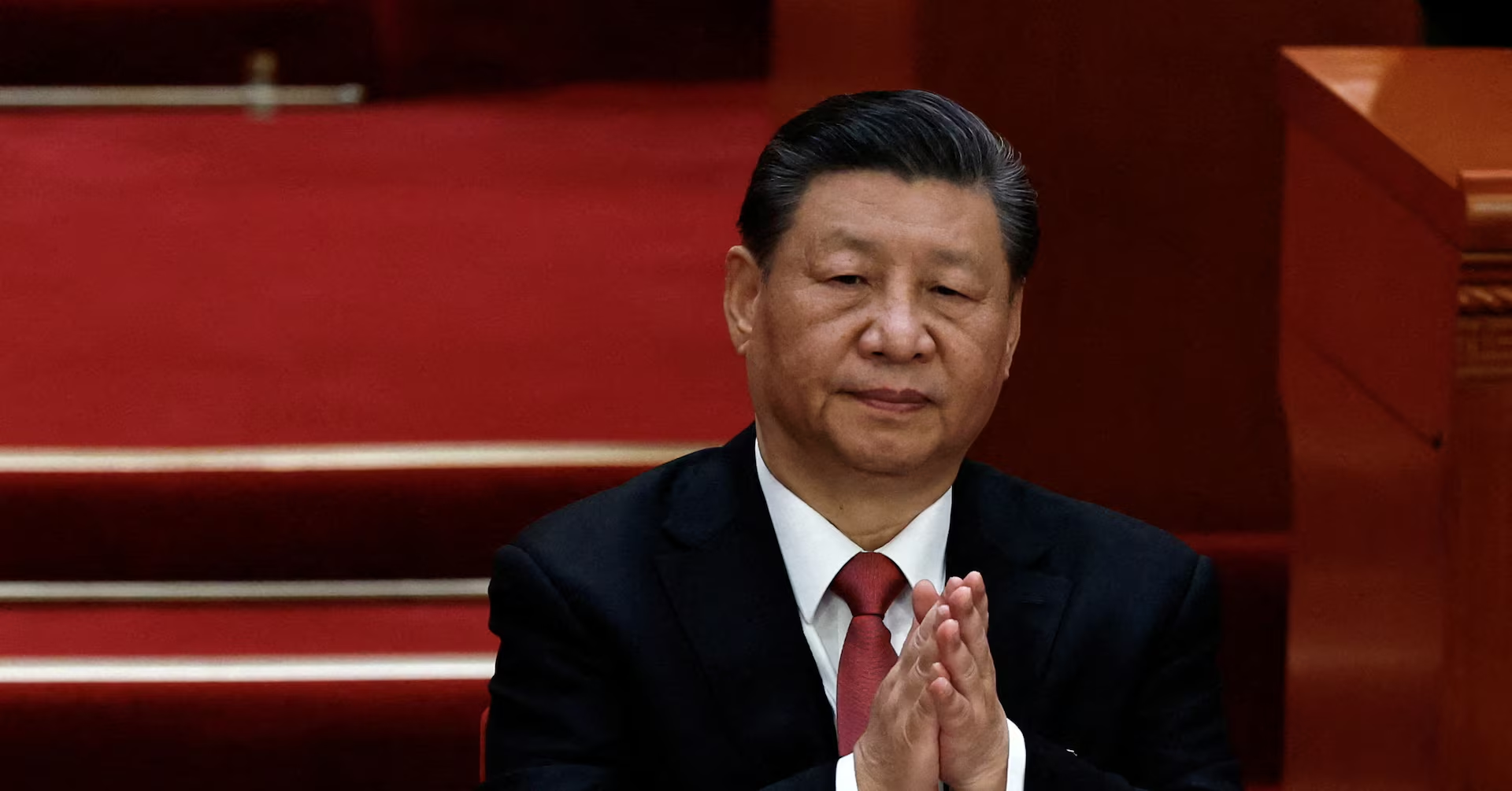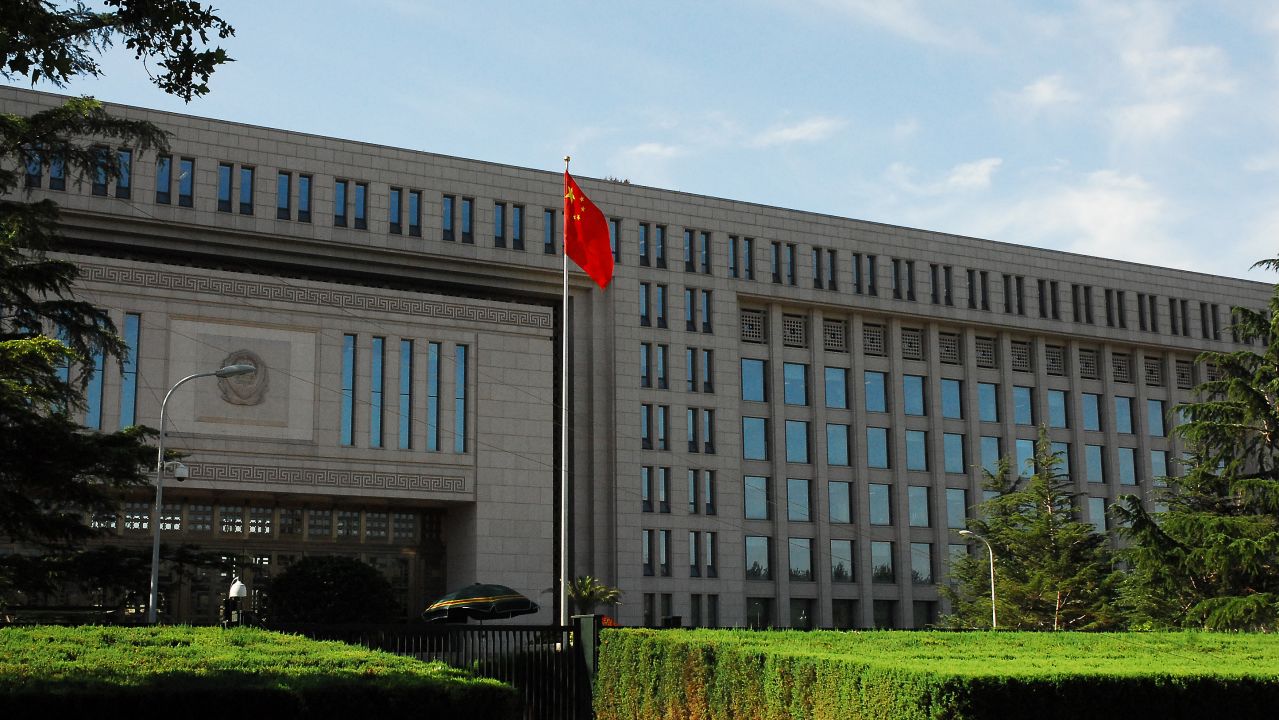China"s AI Revolution Transforms Censorship
The rapid advancements in artificial intelligence (AI) in China are not merely technological achievements; they represent a profound transformation of the authoritarian regime"s censorship mechanisms. According to a recent analysis by the China Media Project, the shift from traditional human-operated censorship to automated systems allows the Chinese Communist Party (CCP) to exert unprecedented control over the narrative both online and offline.
Automated Censorship Replaces Human Labor
Historically, censorship in China relied on thousands of human censors tasked with combing through social media and news outlets to eliminate any dissent. This approach, while extensive, was labor-intensive and often struggled to keep pace with the explosive growth of online dialogue. Now, with AI-driven models like DeepSeek, the machinery of censorship is embedded directly into the architecture of these systems. As a result, these automated mechanisms can monitor and manipulate content at an alarming scale.
New Regulations Enable Proactive Censorship
New regulations enacted since 2022 have intensified this trend, mandating that generative AI services must promote "positive energy" and conform to state-sanctioned values. As reported by the U.S.-China Economic and Security Review Commission, these AI systems are not merely reactive but proactively shape the cognitive frameworks of users, ensuring that dissent is not just silenced but rendered invisible.

Old Xi Jinping speech sparks China monetary easing speculation | Reuters
The Global Implications of China"s AI Policies
As the CCP tightens its grip on information, the implications extend far beyond China"s borders. The recent revelations about China"s AI models and their compliance with state censorship raise critical questions about the global spread of authoritarian ideologies. With major Western companies like Microsoft complying with these restrictions when operating in China, the risk of normalizing such censorship practices globally becomes alarmingly real. Reports suggest that AI tools like Microsoft Copilot have been seen refusing to generate content that challenges the CCP while providing responses on other controversial figures like Donald Trump, indicating a disturbing double standard.
AI as a Tool for Political Control
The weaponization of AI for political control is not confined to China. The findings of a Harvard study illustrate how these technologies can also impact labor rights and worker movements, suppressing the voices of those who seek to challenge the status quo. This growing trend reveals a chilling parallel between economic exploitation and digital repression, where worker rights are undermined by technologies designed to enforce conformity and silence dissent.
Digital Authoritarianism Threatens Freedom Worldwide
The pervasive nature of AI-driven censorship raises alarms about the future of free speech and democratic governance globally. With the CCP"s influence extending into the digital realm, the risk of exporting authoritarian norms becomes a significant concern. As noted by experts, the operationalization of AI systems that enforce ideological conformity could lead to an erosion of civil liberties worldwide. This is not just a Chinese issue; it is a global challenge that needs to be addressed with urgency.
Democracies Must Rise to the Challenge
As digital authoritarianism becomes more sophisticated, it is imperative for democracies to enact robust safeguards against such practices. The tools that enable free expression must be protected from the clutches of oppressive regimes. The growing reliance on AI for content moderation and dissemination presents an opportunity to rethink our approach to governance in the digital age. Without proactive measures to counteract the influence of authoritarian regimes, the fabric of open societies is at risk of being irreparably torn.

Beijing Government Building







![[Video] Gunfire between Iraqi security forces and Sadr militias in Baghdad](/_next/image?url=%2Fapi%2Fimage%2Fthumbnails%2Fthumbnail-1768343508874-4redb-thumbnail.jpg&w=3840&q=75)
